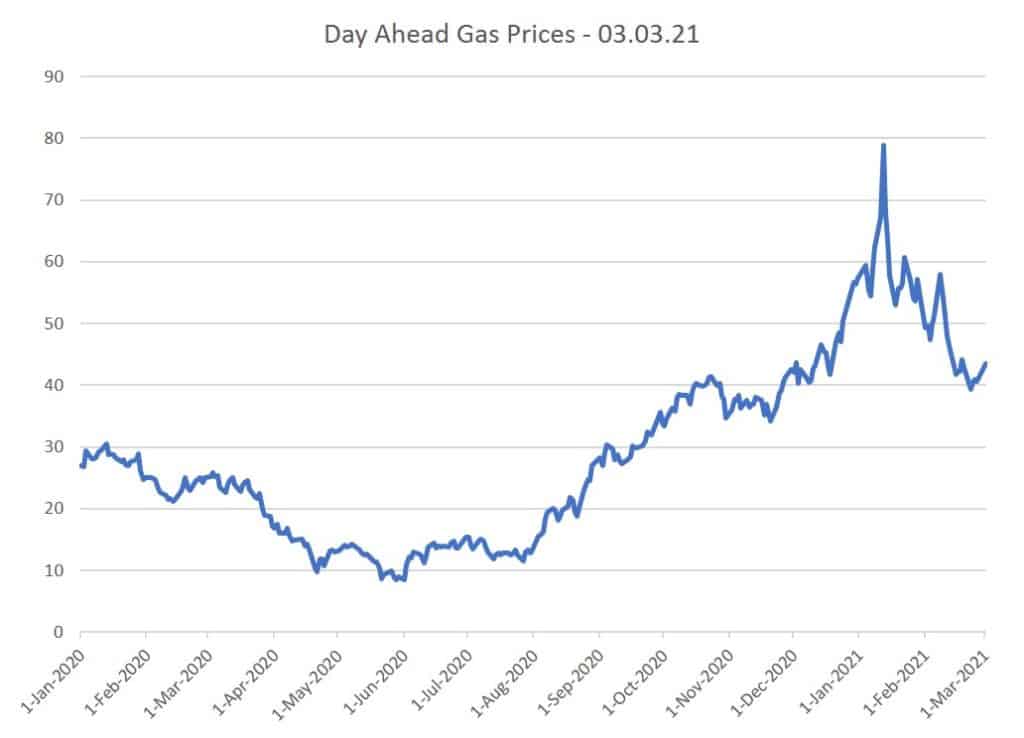Macron Urges EU To Prioritize European Goods Over American Imports

Table of Contents
Macron's Rationale Behind Prioritizing European Goods
Macron's push for prioritizing European goods stems from a desire to enhance the EU's economic sovereignty and strategic autonomy. This involves reducing reliance on foreign suppliers and strengthening European industries. His rationale is multifaceted and rooted in several key concerns:
-
Strengthening European Industries and Reducing Reliance on Foreign Suppliers: The COVID-19 pandemic highlighted the vulnerability of European supply chains, particularly in crucial sectors like pharmaceuticals and medical equipment. Macron's proposal seeks to mitigate this vulnerability by fostering domestic production and reducing dependence on imports.
-
Achieving Greater Economic Independence and Strategic Autonomy: Prioritizing European goods is seen as a vital step towards achieving greater economic independence and strategic autonomy for the EU. This reduces reliance on external actors and strengthens the EU's position in the global arena. This resonates with the broader push for European strategic autonomy in areas such as defense and technology.
-
Addressing Concerns Over Supply Chain Resilience: The reliance on global supply chains, while often efficient, can leave European economies susceptible to geopolitical shocks and disruptions. Boosting domestic production enhances resilience to these external factors, creating a more secure and stable economic environment.
-
Fostering Innovation and Competitiveness Within the European Single Market: By prioritizing European goods, the EU aims to stimulate innovation and competition within its internal market. This should lead to the development of more advanced technologies and products, making European businesses more competitive globally.
-
Investing in Domestic Production and Bolstering European Manufacturing: This initiative underscores the importance of investing in European manufacturing capabilities. This means supporting European businesses, creating jobs, and promoting the growth of key industrial sectors.
Potential Impacts on Transatlantic Trade Relations
Macron's proposal has significant implications for transatlantic trade relations. A move towards protectionism could trigger a series of negative consequences:
-
Potential for Increased Trade Tensions Between the EU and the US: Prioritizing European goods might be viewed by the US as protectionist and could lead to retaliatory measures, escalating trade tensions between the two economic blocs.
-
Risk of Retaliatory Measures from the US, Leading to a Trade War: The US could impose tariffs or other trade barriers on European goods in response, triggering a trade war with potentially devastating consequences for both economies. This would impact businesses heavily involved in transatlantic trade and investment.
-
Uncertainty Regarding the Future of Existing Trade Agreements Between the Two Blocs: The move could undermine existing trade agreements and create uncertainty about the future of transatlantic trade cooperation.
-
Impact on Businesses Involved in Transatlantic Trade and Investment: Businesses relying on transatlantic trade would face increased uncertainty and potentially higher costs due to new tariffs or trade barriers.
-
Potential Consequences for Global Trade and Economic Stability: A trade war between the EU and the US could have far-reaching consequences, impacting global trade flows and economic stability. The World Trade Organization (WTO) could become involved in dispute resolution, adding another layer of complexity to the situation.
The EU's Response and Potential Policy Changes
The EU's response to Macron's proposal will be crucial in shaping the future of its trade policy. Several key factors need to be considered:
-
Analysis of the EU Commission's Reaction to Macron's Proposal: The European Commission's stance on this issue will be pivotal. Will it support a shift towards protectionism or advocate for maintaining a commitment to free trade?
-
Potential Policy Changes That Could Be Implemented to Prioritize European Goods: The EU might explore various policy instruments, including subsidies for domestic industries, stricter regulations on imports, and changes to public procurement rules.
-
Views of Other EU Member States on This Issue: A consensus among all EU member states will be essential for implementing significant policy changes. Some member states might be more resistant to protectionist measures than others.
-
Feasibility of Enacting Significant Protectionist Measures Within the EU Framework: The EU's legal framework and its commitment to the WTO principles will significantly constrain the extent to which it can implement protectionist measures.
-
Alternative Strategies to Enhance the Competitiveness of European Industries: Rather than protectionism, the EU could focus on strategies to enhance the competitiveness of its industries through investment in research and development, skills development, and innovation.
The Role of Public Procurement in Prioritizing European Goods
Public procurement, representing a significant portion of government spending, offers a direct mechanism for prioritizing European goods.
-
How EU Governments Could Utilize Public Procurement to Favor European Companies: Governments could introduce preferences for European companies in bidding processes for public contracts, ensuring a greater share of government spending benefits European businesses. This is often referred to as a "buy European" policy.
-
Potential Benefits and Drawbacks of Such a Policy: While it could boost domestic industries, it might also lead to higher costs for taxpayers and reduce competition.
-
Existing Public Procurement Rules Within the EU: Current EU rules already allow for some preferences for local sourcing but setting more stringent "buy European" rules requires careful consideration to avoid WTO violations.
-
Comparison with Similar Policies in Other Countries: Examining similar policies in other countries can provide insights into their effectiveness and potential pitfalls.
Conclusion
President Macron's push to prioritize European goods over American imports represents a significant shift in the EU's approach to trade policy. While aiming to bolster economic sovereignty and reduce reliance on external suppliers, this move carries risks of escalating trade tensions with the US and potentially harming the global economy. The EU's response will be crucial in determining the future trajectory of transatlantic relations and the overall direction of EU trade policy. The balance between promoting domestic industries and adhering to free trade principles will be a key challenge.
Call to Action: Stay informed about the evolving debate surrounding Macron’s prioritization of European goods and the implications for transatlantic trade. Follow further developments in the EU’s trade policy concerning European goods versus American imports. Understanding the nuances of this policy shift is crucial for businesses and policymakers alike.

Featured Posts
-
 Fuel Costs Rise A 20 Cent Increase In Average Gas Prices
May 22, 2025
Fuel Costs Rise A 20 Cent Increase In Average Gas Prices
May 22, 2025 -
 The Case For The Steelers Trading For An Nfc Quarterback
May 22, 2025
The Case For The Steelers Trading For An Nfc Quarterback
May 22, 2025 -
 Massive Zebra Mussel Infestation Discovered On Casper Boat Lift
May 22, 2025
Massive Zebra Mussel Infestation Discovered On Casper Boat Lift
May 22, 2025 -
 The Goldbergs Where To Watch And Stream Every Episode
May 22, 2025
The Goldbergs Where To Watch And Stream Every Episode
May 22, 2025 -
 Review Of Googles Ai Smart Glasses Prototype
May 22, 2025
Review Of Googles Ai Smart Glasses Prototype
May 22, 2025
